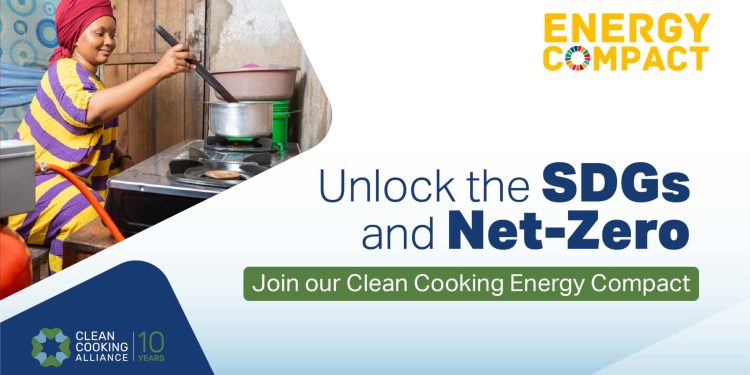The Clean Cooking Accelerator Platform (C-CAP) convened a high-level stakeholders’ engagement on 24 June 2025 at the Ministry of Energy’s Conference Room in Freetown, bringing together key players in Sierra Leone’s sustainable energy transition.
The meeting was co-chaired by the Deputy Minister of Environment and Climate Change and the Deputy Minister II of Energy, Dr. Jalloh.
In a detailed presentation, Mr. Owen Doel, Chief Operating Officer of Del-Agua, outlined the tangible benefits of their clean cooking initiative. He highlighted the significant environmental, health, economic, and gender equity impacts associated with the adoption of improved cookstoves.
Environmentally, the stoves he said, reduced wood consumption by 71%, helping combat deforestation.
From a public health perspective, he added that, the stoves cut household air pollution by 77%, reducing the risk of respiratory illnesses, especially among women and children. He said, economically, users save money over the lifetime of the stove and reduce time spent on labor-intensive chores. In terms of gender equity, the stoves, he went on decreased time spent gathering wood and cooking by up to five hours per day.
Following the presentation, Dr. Caulker, Head of Planning at the Ministry of Energy, queried whether there are any evidence supported claims that the new cooking technology saves lives.
Mr. Doel confirmed that a study conducted in partnership with the London School of Hygiene and Tropical Medicine provided such evidence.
Ms. Ngozi, Country Manager for Sustainable Energy for All (SEforALL), raised critical concerns around data management and stove tracking. She questioned the use of QR codes over GPS coordinates and stressed the importance of accurate geo-tagged data for monitoring and integration into Sierra Leone’s national energy transition framework. She also asked whether the project’s data is owned by Del-Agua or managed in partnership with government institutions.
Mr. Doel responded that while they currently target 2,500 stove users, the program aims to scale up to 7,000 households.
Paul T. Yallia of PI-CREF echoed the need for GPS integration, especially to track stoves when sold or relocated. He recommended collaboration with local universities to build national research capacity and foster community ownership. He also urged sensitivity to cultural dynamics when introducing new technologies in rural areas.
Abraham Grass Sesay, Director of Renewable Energy in the Office of the President, welcomed the initiative but requested that Del-Agua submit accreditation documents to assess its operational capacity. He sought clarity on the program’s financial structure—specifically, how funds are allocated beyond the stated $5 per stove government contribution—and questioned the type of fuel used (biomass or charcoal). He further advocated for local manufacturing to enhance job creation and reduce reliance on imports.
Aminata Wurie, representing CCA-UNF, announced the arrival of a Clean Cooking Unit team from Liberia, signaling increased regional collaboration on clean energy solutions.
The meeting concluded with strong calls for transparency, community engagement, and local sustainability, as Sierra Leone intensifies its commitment to clean energy and climate resilience.










